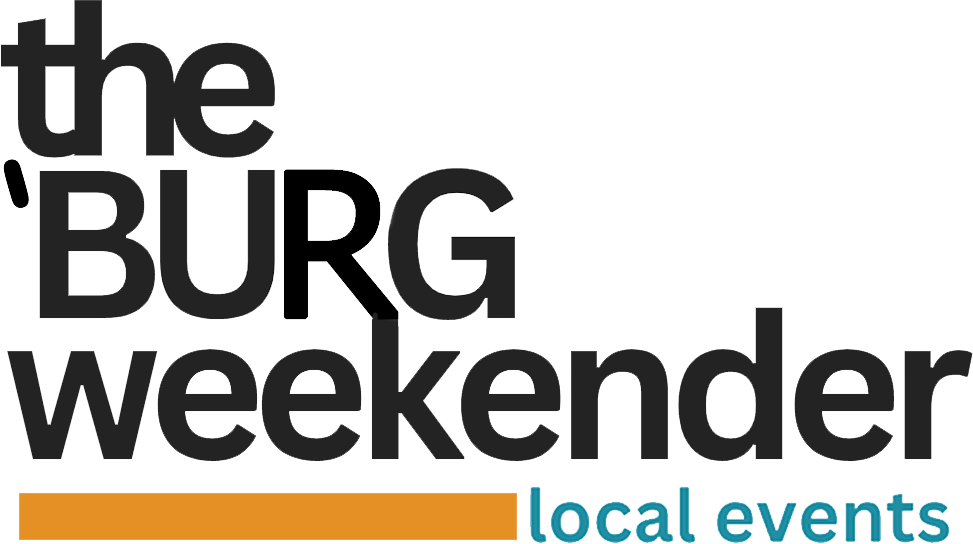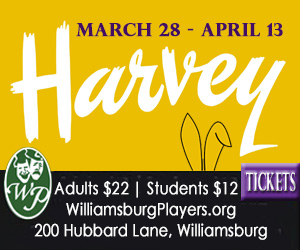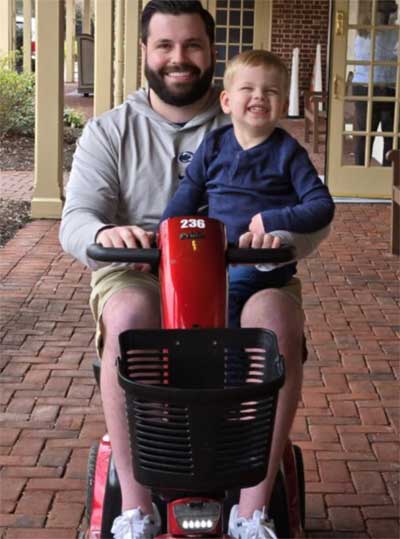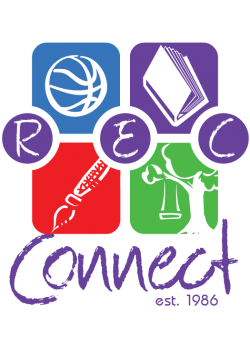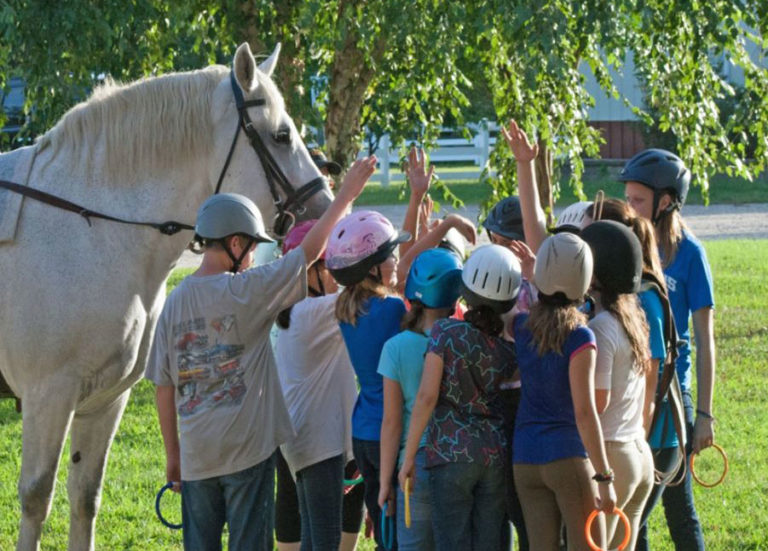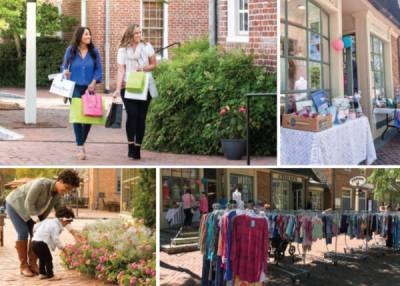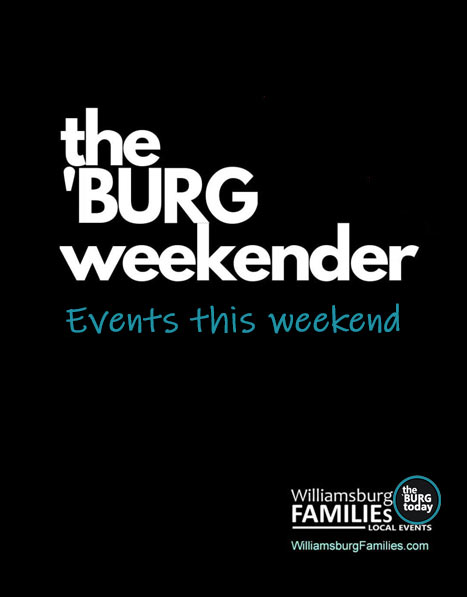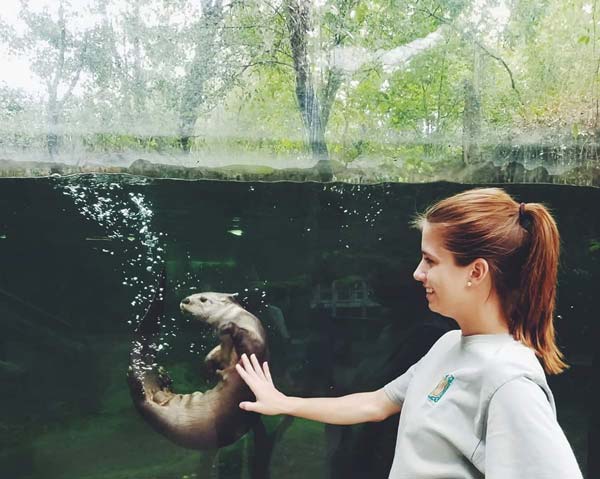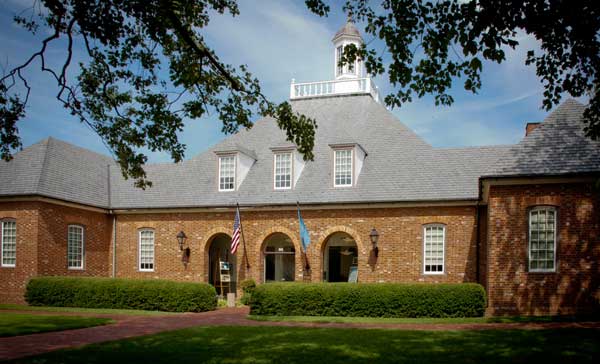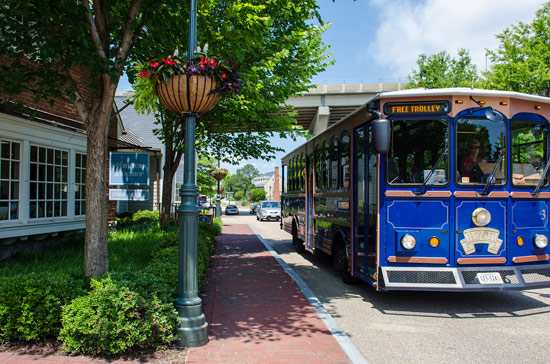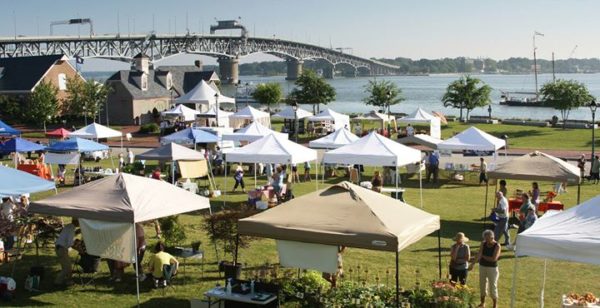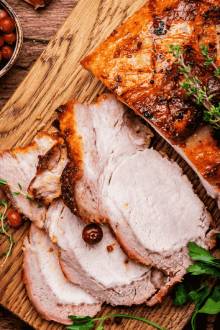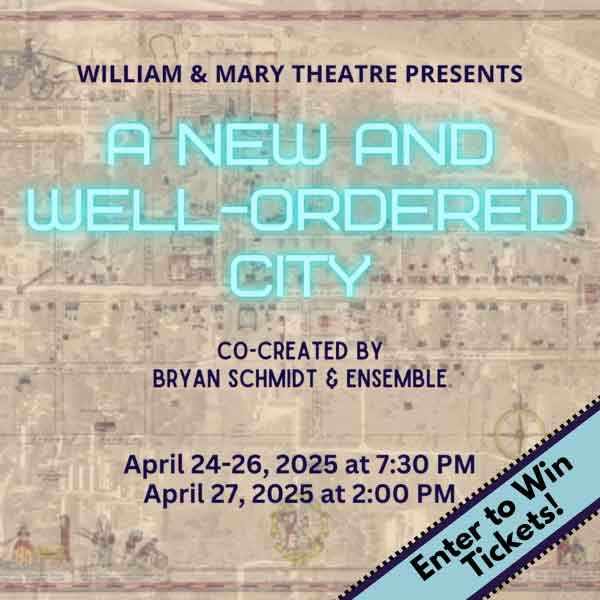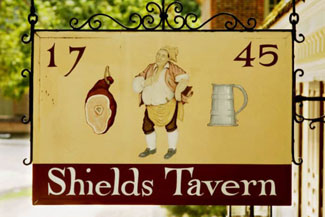
by Rabbi David Katz – Temple Beth El of Williamsburg
There’s been an increase in the last several years of Jewish music produced in popular styles – rock, pop, and even reggae musicians have been putting out songs with Jewish themes. One of the most popular topics for these songs is the Jewish holidays; for a variety of reasons, Hanukkah is especially popular in this genre. My favorite recent song about Hanukkah is called “Miracle,” which was written and first performed by the Hasidic reggae-rapper Mattisyahu, and then later covered by the popular a cappella group from Yeshiva Universty, the Maccabeats. You can easily find the different versions of the song and its videos online. The chorus of the song is as follows: “Do you believe in miracles? Am I hearing you? Am I feeling you? Eight nights, eight lights, and these rites keep me right, bless me to the highest heights with your miracle.” The song presents Hanukkah as a time for celebrating and reveling in miracles of all kinds, but the strongest focus is clearly on the miracles found in the story of Hanukkah.
There are at least two very different miracles in the Hanukkah story. One is the last container of purified ritual oil found in the ancient Temple lasting for eight nights, when it appeared that there was only enough left to last for one night. The other is the victory of the Maccabees, a small group of rebel guerrilla warriors who fought off an overwhelming occupying force in order to reclaim their country, their culture, and their religious tradition. We refer to miracles very frequently during Hanukkah; the second blessing we recite when we light the Hanukkiah – the special Hanukkah menorah – thanks God for the miracles that were done in those days, at this time. The association of Hanukkah with miracles is reinforced every time you pick up a dreidel: you may know that, the four letters that are found on a dreidel (nun, gimel, hey, and shin if the dreidel is made outside the state of Israel, pey if it is made in Israel), are the first letters of the four word phrase “a great miracle happened there” (or “here” on the Israeli dreidels). Although some say that the major miracle of the holiday was the victory of the Maccabees, most of us think of the miracle being referred to on the dreidels and in the blessing as that of the oil. Combined with the prominence of oil, through food, in the symbology of the holiday, the oil miracle really becomes the central story of this festival.

Thinking of the oil as the holiday’s primary miracle has long struck me as a bit curious. The oil lasting longer than expected is certainly significant, but I’ve always thought that on the ‘miracle scale,’ it’s not
particularly miraculous. When I’m at my most skeptical, it sounds not so much like a great miracle, as an unexpected household occurence. After all, hasn’t something like this happened to all of us? Don’t we all have a jar or bottle or container of something in our refrigerators that has lasted longer than we expected it to? Should something like this happening automatically lead to a significant celebration?
When I’m at my less skeptical, I think that the idea of celebrating these smaller miracles is acctually the point of Hanukkah. When big, really significant miracles happen, we make a really big deal out of them, memorializing them in poems, stories, songs, and holidays. Jews sing a song that reminds us of the miracle of crossing the sea at every evening and morning service. On Passover – probably the defining Jewish holiday – we significantly change what we eat for eight days and nights in order to remember the miracles our ancestors experienced to achieve freedom. Those were amazing, incredible, unique events in the history of the Jewish people, and we make an appropriately really big deal out of them. But those really big and amazing kinds of things happen very infrequently, and aren’t usually a part of our lives. They occur on a scale that most of us can’t or don’t realistically relate to – I’ve never witnessed the sea parting, a bush burning without being consumed, or a river turning to blood, for example. Those kinds of miracles are outside of my frame of reference, and just aren’t experiences that I can realistically relate to. They are powerful images and ideas, and they fire up my imagination while pushing me to question what’s possible. But they’re not a regular part of my world.
Instead, I live in a world of smaller miracles, the realm where little things sometimes do transcend or surpass my expectations. Sometimes, the milk does last longer than expected, or my team miraculously finds a way to win, or the storm avoids being as bad as expected. This is the realm in which caterpillars turn into butterflies, rainbows appear after rainstorms, and love leads to babies who become the children we love and adore who also drive us crazy. When we stop to think about these and countless other so-called “smaller miracles,” many of us do recognize the amazement and the wonder in them. However, for most of us, those moments of pause and reflection, of miraculous recognition, are few and far between. It’s really pretty easy – to be precise, it’s pretty human – to take those “smaller miracles” for granted. Most of us spend our days rushing right past them, too busily hurrying from task to task and event to event to stop and consider the simmple, fundamentally miraculous nature of almost everything we encounter and experience.

For that weakness, to help with that human failing, we have the festival of Hanukkah. At this moment when it’s darkest outside, when we’re even less likely to see the amazing things around us for what they truly are, we’re instructed to literally bring increasing amounts light and of joy into our world – all in the name of fuel that lasted longer than expected. The word Hanukkah means dedication, or re-dedication; this is usually understood to refer to the Maccabees’ rededication of their Temple to the worship of the One God, and their country to their most closely held beliefs. I’d like to suggest that instead, we think of the festival of Hanukkah as an invitation to rededicate ourselves to the awareness that, regardless of how seemingly small or insignificant any moment or thing might seem, there is probably a miracle there that is worth appreciating and celebrating. Hag urim sameach – may you have a very happy Hanukkah.
—————————————
Rabbi David Katz is the rabbi at Temple Beth El of Williamsburg, and also serves as rabbi for Balfour Hillel, the Jewish student organization at the College of William & Mary. He has served at Temple Beth El since October, 2010. He previously served as Assistant Rabbi and Director of Education at Kehilat HaNahar: The Little Shul by the River, a synagogue in New Hope, PA.
Rabbi David grew up in New York City, and holds a B.A. in English from the State University of New York at Buffalo, with a minor in Media Studies. He was ordained as rabbi at the Reconstructionist Rabbinical College in June, 2009, where he earned a Master of Arts in Hebrew Letters.
Before attending rabbinical school, Rabbi David worked as the Youth and Program Director at a synagogue in Texas, as the Director of Cultural Programming at a Jewish Community Center in Florida, with troubled teenagers at a program for youth in crisis in Texas, and as a teacher in public schools in New York City and Florida.
An avid sports fan, who is particularly devoted to the New York Mets, he also enjoys music and film. He is married to Dr. Amy Lazev, a clinical psychologist. They have two sons, Noah (age 7) and Elijah (age 2).
—————————————-
Temple Beth El of Williamsburg
600 Jamestown Road at Indian Springs Road
Fri. Night Service: 7:30pm;
Sat. Morning Service: 10am
Office: (757)220-1205, www.temple-bethel.com
Like this:
Like Loading...
 Thinking of the oil as the holiday’s primary miracle has long struck me as a bit curious. The oil lasting longer than expected is certainly significant, but I’ve always thought that on the ‘miracle scale,’ it’s not particularly miraculous. When I’m at my most skeptical, it sounds not so much like a great miracle, as an unexpected household occurence. After all, hasn’t something like this happened to all of us? Don’t we all have a jar or bottle or container of something in our refrigerators that has lasted longer than we expected it to? Should something like this happening automatically lead to a significant celebration?
Thinking of the oil as the holiday’s primary miracle has long struck me as a bit curious. The oil lasting longer than expected is certainly significant, but I’ve always thought that on the ‘miracle scale,’ it’s not particularly miraculous. When I’m at my most skeptical, it sounds not so much like a great miracle, as an unexpected household occurence. After all, hasn’t something like this happened to all of us? Don’t we all have a jar or bottle or container of something in our refrigerators that has lasted longer than we expected it to? Should something like this happening automatically lead to a significant celebration?


